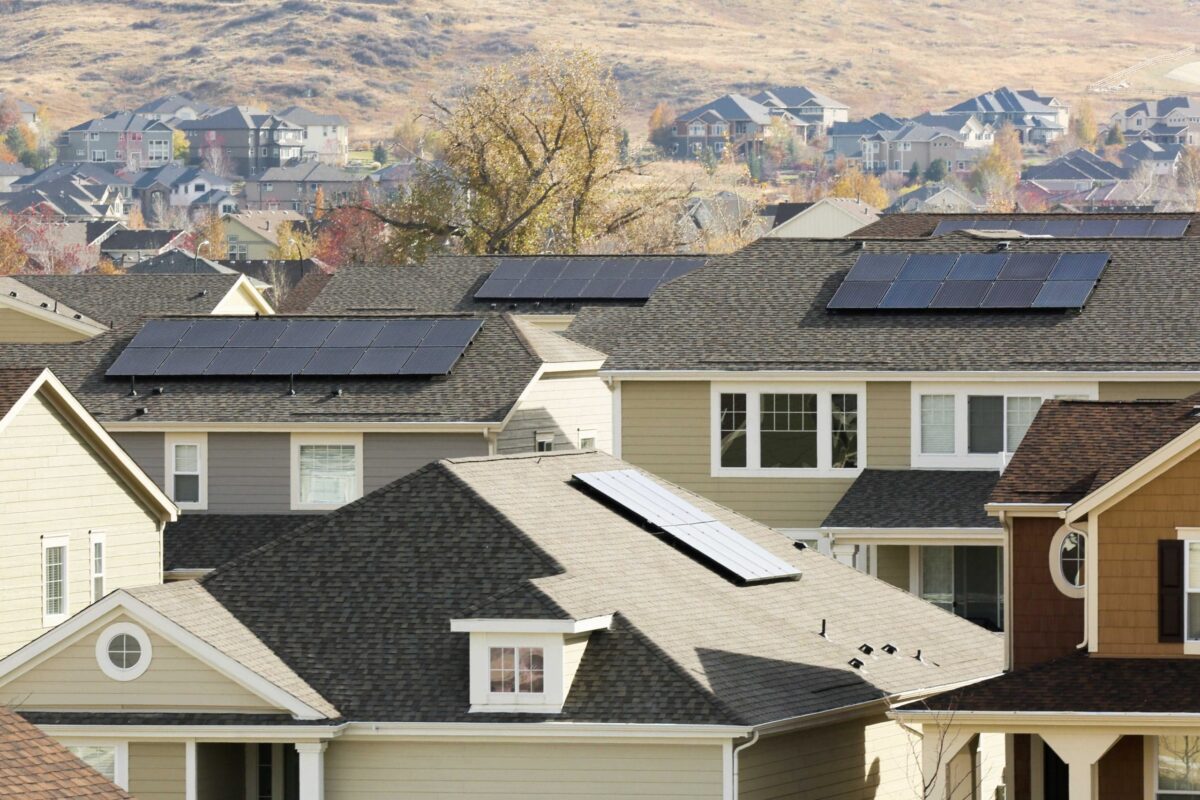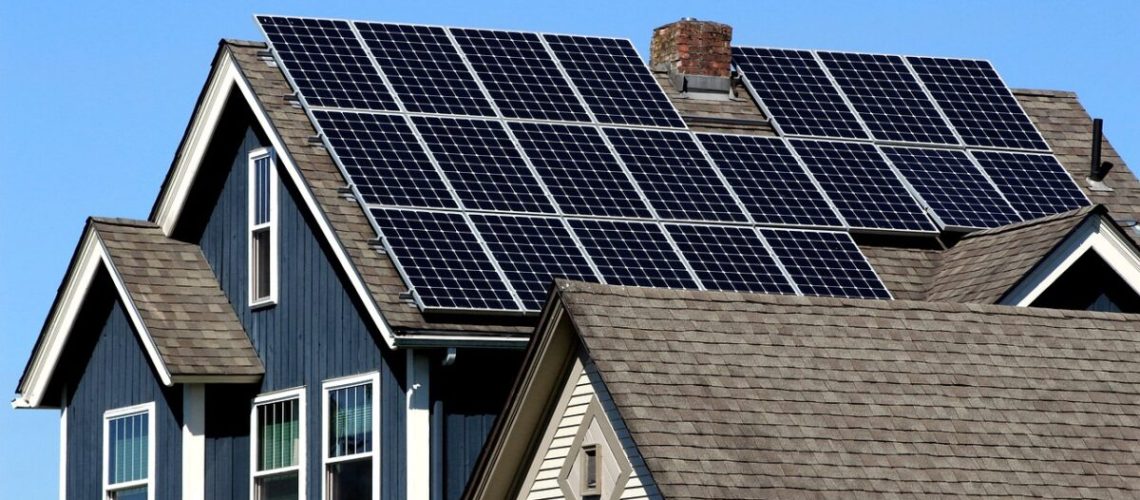After September 30, new rooftop solar customers in Arkansas will be paid a much lower rate for sending electricity to the grid.
Following Arkansas’ passage of Act 278, rooftop solar incentives are about to be cut significantly.
Solar customers often sign a net metering contract, under which the electric utility pays a one-to-one or retail rate to customers for every kWh of electricity sent to the grid. The incentive helps customers achieve a stronger return on investment for their solar array.
Now, for net metering agreements secured after September 30, 2024, the full-price retail rate payment will be lowered to a wholesale rate, which is typically a small fraction of the retail rate.
For customers that secured a net metering contract on the older, higher rate regime, the retail rate is grandfathered in through September 2040.
A similar net metering rate cut occurred in California, which has seen numerous solar installer bankruptcies since the change.
Under Act 278, homes are restricted to solar arrays up to 25 kW and businesses up to 300 kW.
One advantage for customers under Act 278 is the new ability to aggregate meters onto one bill. Previously, multiple-metered systems required direct wiring between them to be treated as one entity in the net metering agreement. Now, properties like large homes or farms can tie billing to one meter.
Arkansas’ net metering program dates back to 2001 when the General Assembly ruled, “net energy metering encourages the use of renewable energy resources and renewable energy technologies by reducing utility interconnection and administrative costs for small consumers of electricity” and that “net-metering would help to . . . attract energy-technology manufacturers, to provide a foothold for these technologies in the Arkansas economy, and to make it easier for customer access to these technologies.”
Arkansas sources just under 3% of its electricity from solar according to the Energy Information Administration. A majority of its solar comes from utility-scale solar fields, though the state had a record year for rooftop residential solar installations in 2022.
Popular content




